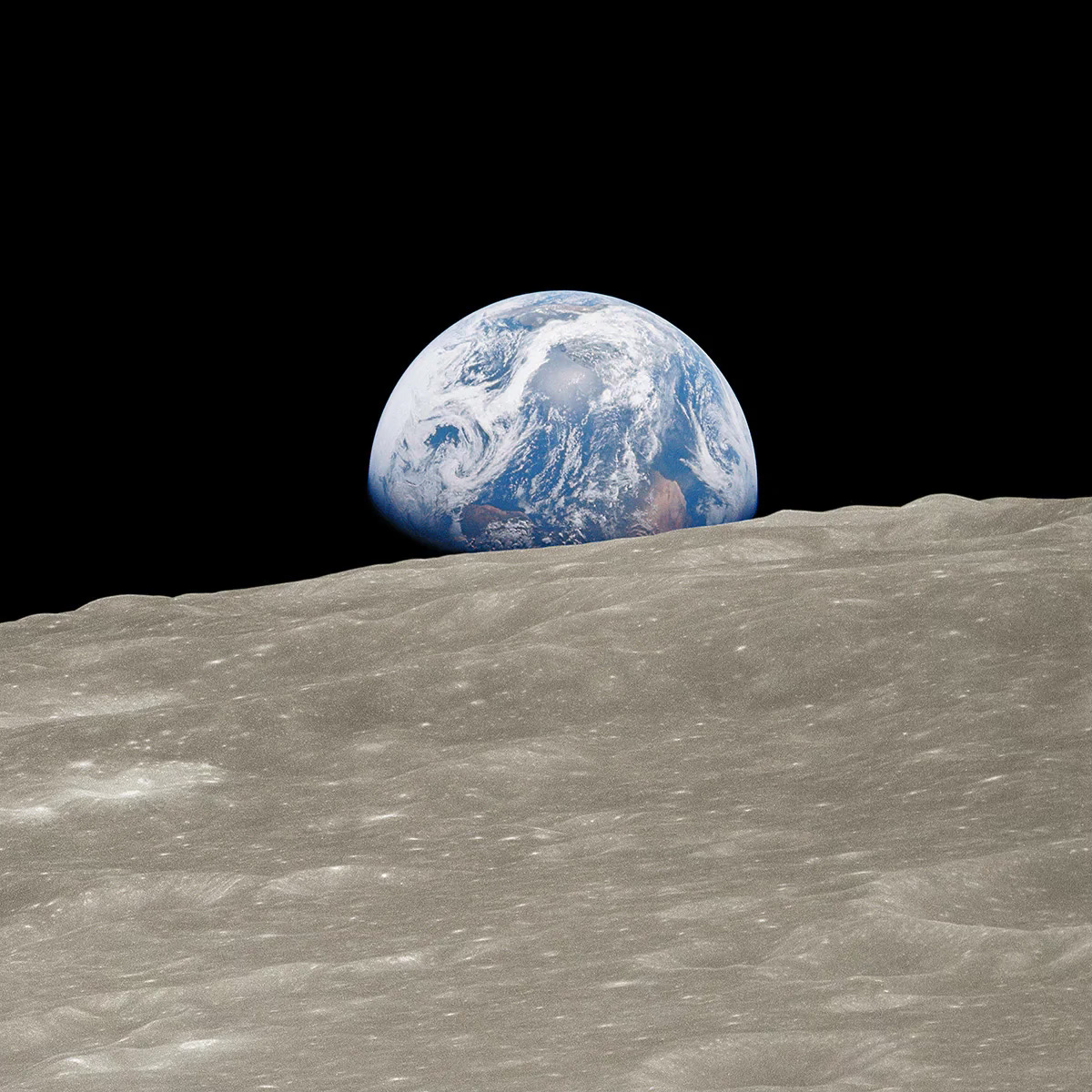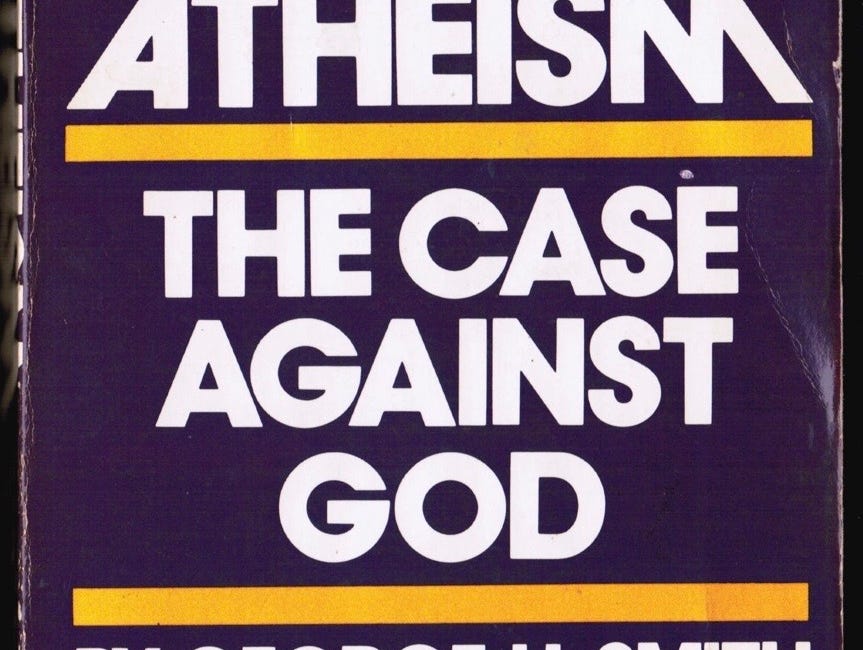How can someone prove the existence of any god or creator? Can anyone prove the non-existence of these?
Friday, 31 May 2024, FFP#65
About the Friday Freethought Perennials in general: This subset of my blog is to answer questions, nearly always already answered by me and by many others but posed again and again—over many years and in many places—on freethought, atheism, secular humanism, secularism/church-state/”This is a Christian Nation,” and similar topics. These answers are mostly not intended to be original analyses, breaths of fresh air, so much as just putting a whole series of things on the record (I’d say “forever,” except I know better). One source for many of these answers is the 2012 Prometheus Books book by me and my son (Michael E. Buckner), In Freedom We Trust: An Atheist Guide to Religious Liberty—and that is where footnotes and careful citations of sources can be found. It’s available in many libraries and pretty readily in the used book after-market. I’ll cite writings of others that answer these things in more depth if I’m aware of them when I post these.
A Christian believer, Nurhan Kuyumcu (of Istanbul), asked recently on Facebook:
How can someone prove the existence of any god or creator?
I'm asking this question to both atheists and Christian believers.
An appendix question for the atheists:
What type of proof is sufficient for you, or satisfies you?
Variations of this recur frequently, and I’ve written about aspects of it before. But here’s some more discussion (some of it perhaps repetitive):
Proof of any god’s existence or non-existence isn’t possible, just as proof that the earth isn’t flat or that there will be an apparent sunrise tomorrow isn’t. That’s true assuming you mean “demonstrate with absolute certainty.” But if you instead mean “demonstrate beyond a reasonable doubt,” then we (humanity—not physics-impaired me and thee) can show beyond a reasonable doubt that the earth is closer to a sphere (see first photo) than to a flat disk. And that old Sol will pop up on schedule tomorrow. (Another pic that I like)—
Photo by Frank Borman (Apollo 8 Mission)
Photo by Ed Buckner (Sunrise? Sunset? Downstream from Looking Glass Falls near Hendersonville, NC)
But what about God (or gods)? And is proof of existence parallel to proof of non-existence?
Standards of proof vary hugely when it comes to many questions—the more so regarding the existence of God. Some believers declare, apparently seriously, that you just cannot look at a beautiful natural scene (see above?) and not fall down on your knees in awe, gobsmacked by the obvious Truth of Godliness. My response to that is—if I already believed in God, maybe that sort of natural beauty would seem to confirm it—but I cannot see a logical way to connect the two things. There are, of course, all sorts of geological, astronomical, biological, psychological, and cultural explanations of why scenes appear before us and why we respond to them as we do. But actual evidence of causal connections has not been provided.
And, as William Kingdon Clifford famously wrote in 1877—
It is wrong always, everywhere, and for anyone, to believe anything upon insufficient evidence.
“Insufficient” evidence is of course open to interpretation. So far I’ve seen no evidence (or logical argument) that is persuasive to me. (If for some reason you care enough to want to know what would change my mind, see my my earlier Letter from nearly a year and a half ago —link at the end of this essay.) Thousands of books have been written on the subject (and I’ve read quite a few, on both [or all] sides and not everyone agrees).
Clifford’s classic and persuasive essay—well worth reading—
https://people.brandeis.edu/~teuber/Clifford_ethics.pdf
Analysis of Clifford’s essay—
https://plato.stanford.edu/entries/ethics-belief/#:~:text=“The%20Ethics%20of%20Belief”%20was,every%20one%20of%20our%20beliefs.
But what about proving (to whatever standard) the non-existence of any gods? Allegedly, according to many theists, if atheists cannot prove non-existence, it’s a logical wash—if neither side can prove their side right, we might as well have faith?
But it’s not a meaningful both-sides setup. This is not based on whether the question is important or how unlikely one position or the other is.
Imagine for a moment that someone is trying to persuade you that something is true. An example was what Bertrand Russell included in an analogy about trying to persuade anyone that a teapot is in orbit. From Wikipedia—
Russell's teapot is an analogy, formulated by the philosopher Bertrand Russell (1872–1970), to illustrate that the philosophic burden of proof lies upon a person making empirically unfalsifiable claims, as opposed to shifting the burden of disproof to others.
Russell specifically applied his analogy in the context of religion. He wrote that if he were to assert, without offering proof, that a teapot, too small to be seen by telescopes, orbits the Sun somewhere in space between the Earth and Mars, he could not expect anyone to believe him solely because his assertion could not be proven wrong.
The default, for all of us on all claims that are new to us, is that an assertion shouldn’t be accepted without some good basis. If I tell you that Joe Biden [or Donald Trump, though a convicted felon] will be sworn in as the next President of the US in January of next year, my assertion can be supported with some evidence: polls, TV stories, and the like. But if I tell you that my next-door neighbor Bob will surely be sworn in one of these days, chances are pretty good that you not only won’t be persuaded (since I have offered no meaningful evidence). And if I say, “Well you can’t prove that Bob won’t be elected and sworn in!”—that won’t—and shouldn’t—move the needle a whit towards your accepting President Bob.
Can I prove God doesn’t exist? No.
Doesn’t that mean faith is more reasonable? Sorry—no.
What Would Change Your Mind About God?
About the Friday Freethought Perennials in general: This subset of my blog is to answer questions, nearly always already answered by me and by many others but posed again and again—over many years and in many places—on freethought, atheism, secular humanism, church-state/”This is a Christian Nation,” and similar topics. These are not intended to be orig…
Note: Anyone may copy and publish what I or my guests write, provided proper credit is given, that it’s not done for commercial purposes, that I am notified of the copying (you can just leave a comment saying where the copy is being published), and provided that what we write is not quoted out of context or distorted.
Thanks for reading Letters to a Free Country! Subscribe for free—always/guaranteed—to receive new posts and support my work.





It’s been a while since I read them but two books, “Mere Christianity” by C.S. Lewis and “Language of God” by Francis Collins lay a good predicate for God’s existence. Of course, I read those books as already a believer so they were just affirmations for me rather than convincing. Your post here convinced me that I need to reread them both to freshen my understanding of their apologetics.
Just coming here to say I LOVED this and it's perfect for the Atlanta Freethought Society newsletter, which you can subscribe to here: https://mailchi.mp/41a8cc24b3d3/subscribe-to-atlanta-freethought-news